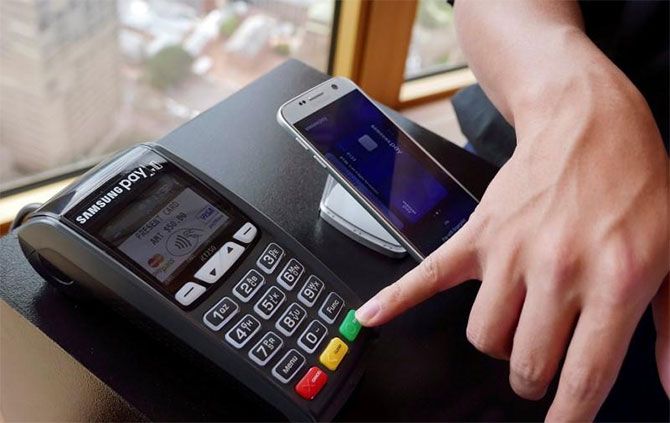Increased income tax collection is going to be a major consequence of going cashless and this should promise a future of lower taxes and higher purchase power soon, says Anil Rego

The advent of demonetisation has transformed the way money we handle money in India these days. Going cashless has been touted and promoted as the way forward. The common people have strived to adopt it in all walks of life.
Being in the tax season, and connecting everything to taxes, read on to how going cashless impacts your taxes.
We are all governed by a slew of taxes. Here is a sneak peek on the tax impact on the different taxes which hold sway over your lives.
1. Increased transparency leading to increased payment in income tax
Going cashless means all transactions are traceable to a bank account. This automatically means that one cannot easily hide their earnings.
With all bank accounts of a person now carrying their PAN and Aadhar Number, it is easy to find out how much money a person is holding. So, it will not be easy to declare a lower income and pay lesser income tax than one is supposed to.
This will obviously lead to more people paying the actual Income Tax that they are supposed to!
2. Increase in payment of excise duty and service tax
Not just for individuals, but the emergence of demonetisation has increased transparency in the financial dealing of companies and corporates. Cash transactions have been minimised, card or bank transactions have increased, and this leads to better transparency in company books and accounting.
This automatically translates into better adherence towards paying the actual excise duty and service tax!
3. Likely decrease in indirect taxes in the future
The intent of going digital and cashless has been to eschew hoarding of money and seeking income tax payers to declare the correct income to pay the tax that they have to.
Once the income tax received by the government increases, the revenues will increase as well. This is then likely to lead to a decrease in indirect taxes levied.
By indirect taxes we mean the tax that we pay for buying goods or availing of services. This also signifies the probable increase in one’s spending capacity.
4. Waivers in service charge or tax for card transactions
Going cashless today is being promoted and encouraged by the government. Hence, in order to incentivise all those who are going cashless, there have been a slew of waivers announced across many services.
Service tax on card payments up to Rs 2,000 has been waived off. Railway and fuel payments which are done through net banking or cards have a minimum discount of 0.5 per cent on the entire transaction.
Online payment of insurance premium of public sector organisations also has a fee discount.
Going cashless in a cash-rich and cash-driven economy is not easy. We will be facing quite a few hiccups before we settle down.
Anil Rego is the founder and CEO of Right Horizons, an investment advisory and wealth management firm that focuses on providing financial solutions that are specific to customer needs.










